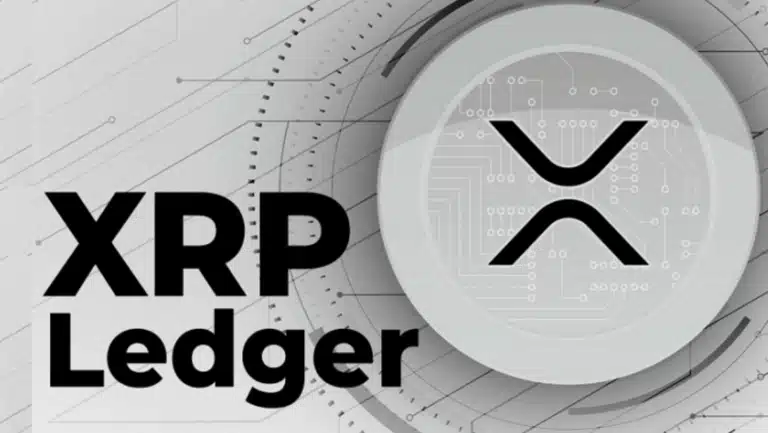- Axiology is transforming capital markets with regulated blockchain on XRPL.
- CEO Jurgilas reveals plans to eliminate intermediaries using blockchain.
- Blockchain solutions aim to unlock funding for EU’s small businesses.
Axiology is set to change the capital markets landscape by building a regulated blockchain infrastructure on the XRP Ledger (XRPL). CEO Marius Jurgilas discussed the company’s vision during RippleX’s Onchain Economy series, revealing plans to integrate capital market systems into a unified, compliant framework. This infrastructure aims to transform how securities are issued, traded, settled, and invested, all within a regulated environment.
Axiology’s goal is to eliminate intermediaries that currently dominate financial markets. Jurgilas highlighted the inefficiency of today’s system, where multiple intermediaries—such as brokers and custodians—are required to execute basic transactions like buying government bonds. By leveraging the XRPL, Axiology aims to streamline direct access between issuers and investors, removing these intermediaries. However, Jurgilas emphasized that achieving this goal depends on operating within a regulated framework, with compliance being crucial to scaling the system on a global level.
Also Read: Dave Ripley: Early Life and Net Worth – The Visionary Leading Kraken into the Future
Navigating Institutional Challenges in Tokenized Finance
The roadblock to success, according to Jurgilas, lies not in technology but in institutional understanding of tokenized finance. Many financial institutions and partners still find the concept of blockchain in a regulated market difficult to comprehend. Basic functions like transferring value between wallets are often seen as too complex for decision-makers unfamiliar with digital asset systems.
To address this, Axiology is focusing on demystifying blockchain technology. Jurgilas explained that the company works to present blockchain as a secure, transparent database structure—key elements that ensure control and compliance within regulated markets. The main challenge, however, lies in aligning blockchain’s capabilities with the strict privacy, cybersecurity, and data-sharing requirements essential for risk management and compliance in financial institutions.
Jurgilas also pointed to a pressing issue within the European Union, where SMEs face a $5 trillion funding gap, while $15 trillion remains dormant in bank deposits. He believes Axiology’s regulated capital flow infrastructure could help bridge this gap. Rather than focusing on experimental technologies, Jurgilas emphasized that scalable, compliant solutions that prioritize investor protection and risk control are necessary to address these challenges effectively.
Also Read: Gen Z Surpasses Millennials as India’s Leading Cryptocurrency Investors
